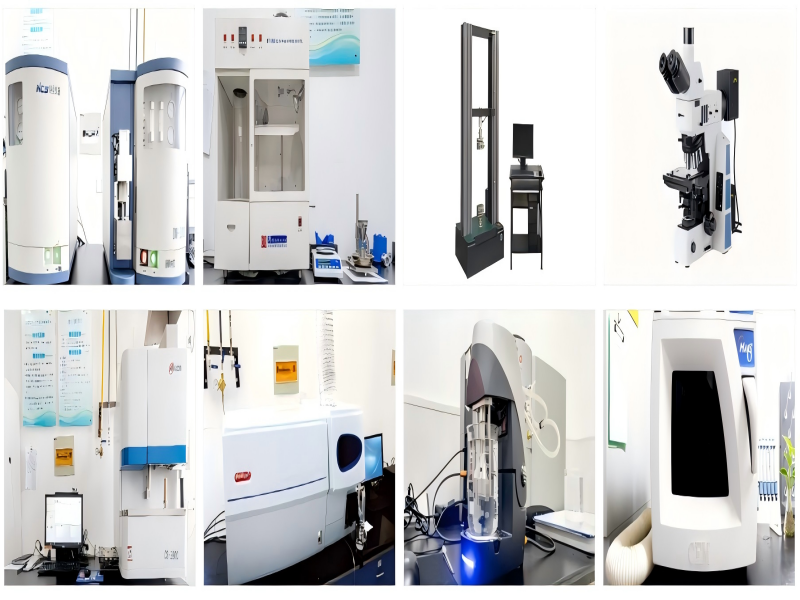Heynova has a professional R&D team responsible for material system design, impurity control, powdering process, core equipment, efficiency improvement and application development. In high-temperature Alloys, the performance of the product has reached the domestic first-class level. In Titanium Alloys, the development of high-temperature Titanium Alloys that can be served in the 600-800 ℃ environment as well as in the nuclear industry. For the automotive industry one-piece die-casting molds, we have successfully ranked in the field of hot work molds. Redefining the boundaries of metal additive manufacturing through material genetic engineering, digital manufacturing, and in-depth scenario research.
Metal powders are the core materials for 3D printing, with surging demand particularly in the aerospace and medical device sectors. Titanium alloys and nickel-based high-temperature alloy powders are used to manufacture lightweight aircraft components and high-temperature-resistant turbine blades, while cobalt-chromium alloy powders are applied in orthopaedic implants. Technologies such as gas atomisation and plasma rotary electrode methods have significantly improved powder sphericity and flowability, driving the development of 3D printing towards high precision and complex structures.
The explosive growth of new energy vehicles has driven demand for cobalt powder and nickel powder used in lithium-ion battery cathode materials, while the trend towards lightweighting has promoted the application of aluminium powder in vehicle body structures. Copper powder, due to its high conductivity, has become a key material for charging stations and battery connectors. It is projected that the market size for metal powders in related fields will grow threefold by 2030.
The demand for high-frequency, high-speed circuits in 5G communication equipment has driven the application of silver powder and copper powder in conductive adhesives and electromagnetic shielding materials; nano-metal powders (such as silver nanowires) are used in flexible displays and sensors, becoming a key focus for technological breakthroughs in the industry.
Rare earth-based catalyst powders (such as cerium and lanthanide metals) are used for automotive exhaust purification, while tungsten powder and molybdenum powder are increasingly prominent in the production of photovoltaic polysilicon. Additionally, innovative applications of metal powders in hydrogen fuel cell catalysts and nuclear reactor shielding materials are opening new growth opportunities for the industry.
Heynova has comprehensive testing capability. Up to now, our R&D center has been equipped with more than 20 testing equipment, such as Malvern Particle Size Analyzer, Inductively Coupled Plasma Emission Spectrometer (ICP), Microwave Ablator, Carbon and Sulfur Analyzer, Atomic Absorption Spectrophotometer, Oxygen, Nitrogen and Hydrogen Analyzer, and Optical Microscope. The testing center uses American imported ICP equipment for compositional testing, which can simultaneously test dozens of elemental components with an error of less than ±0.5%.
Heynova has stable production supply capability. The quality of Titanium alloy, high temperature Alloy, Aluminum Alloy, Die steel, Cobalt-chromium Alloy, Copper Alloy and other powders have reached the international advanced level. Meanwhile, a single investment of 80 million in the same batch bidding for the procurement of raw materials, combined with the company's production process of a single product and a single line of a separate process, to ensure that the quality standardization and batch stability of the powder products from source to end.
